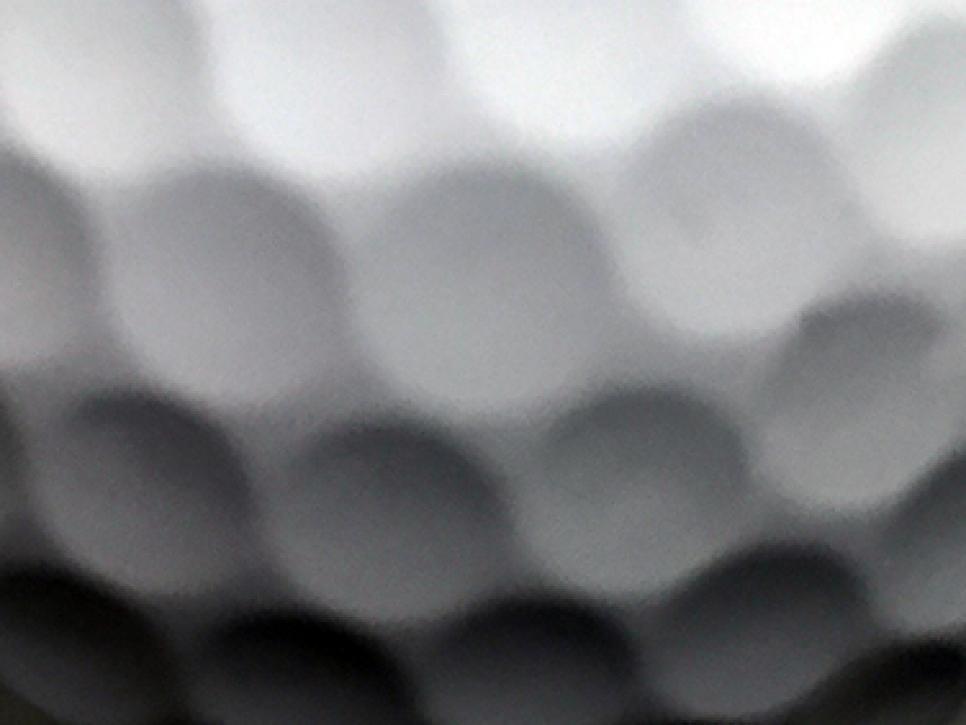The Loop
Acushnet patent-infringement case takes on start-up brands

Acushnet, the parent company of golf ball behemoth Titleist, is saying more than a dozen different balls from an array of small startup companies are infringing on its patents for dimple patterns.
So it's suing them.
The lawsuit claims Acushnet has been "seriously damaged" by the alleged infringements, but the ultimate question may be whether the mere presence of this lawsuit might seriously damage the existence of these small brands.
Many offer low-priced versions of multilayer, urethane-cover golf balls. That's the kind of construction typically played by tour players and a segment that now accounts for more than 40 percent of the U.S. golf ball market, according to figures from golf research firm Golf Datatech.
Filed April 6 in the U.S. District Court of Massachusetts in Boston, the lawsuit names 17 different balls from ten different companies. Among the companies listed are Rife (V-Motion), I Need the Ball (The Ball), Vice Golf (Pro) and Kick X (Tour-Z). According to the lawsuit, the dimple patterns on these balls are all the same: 318 dimples arranged in what the lawsuit terms "a triangluar dipyramid shape."
It is not unusual for golf balls or golf clubs from several different brands or companies to be manufactured by the same vendor in Taiwan. This lawsuit does not name the specific vendor, focusing rather on the companies named in the suit that are selling the balls in the U.S. But through interviews and research of shipping records Golf Digest has learned that the unnamed vendor is Foremost Golf Manufacturing. Based in Taipei, Foremost's website states that it is the largest golf ball manufacturer in Taiwan, producing 10 million balls monthly. It has more than a dozen balls in its own name on the current USGA conforming list.
In a recent email, Foremost's Gavin Lee told Golf Digest the company has "several hundred" balls in its current catalog. "We work with the R&D [department] with each of our customers," he wrote, indicating that Foremost is the second-largest manufacturer of golf balls in the world behind Acushnet. "Every creation is a custom design."
While no Titleist ball on the USGA's conforming list utilizes a 318-dimple pattern, the patents in question cover a broad area of ball and dimple design that include patterns that range from 250 to 370 dimples.
According to the lawsuit, "Acushnet has suffered, and will continue to suffer, damages, irreparable harm and impairment of the value of its patent rights" due to the alleged infringements.
The lawsuit also asks that the named companies "be preliminarily and permanently enjoined and restrained from further infringing the patents."
According to current figures from industry research firm Golf Datatech, Acushnet is the overwhelming market leader in golf ball sales. None of the other companies named in the lawsuit are tracked by Golf Datatech. Still, many have developed a niche in U.S. and international markets selling directly to consumers. Some of their designs are multilayer balls with urethane covers, typically the highest-priced golf ball construction on the market. But many of these companies offer these balls for less than the cost of Titleist's Pro V1 and Pro V1x, sometimes as low as half the current retail price.
Even for the largest companies, the golf ball business can be heavily litigious. A lawsuit between Acushnet and Callaway that began in 2006 went on for six years, and dealt with infinitesimal matters including the process of measuring cover material hardness. That one suit likely cost more in legal fees than any of these small brands sell in golf balls in any one year. To be sure, none of the companies named in this latest Acushnet lawsuit has that kind of legal stockpile or endurance.
Still, while several of these companies have declined comment, at least one has come out swinging.
"We understand why they are targeting us as we are a longer premium ball and one of the fastest growing brands on the market," said Bob Koch, chief executive officer of Kick X Golf.
Another is I Need the Ball, whose latest ball the INTB 2.0 is offered on its website for $35 a dozen. The ball named in the Acushnet lawsuit is no longer available on its website. Said company co-founder Glen Sutton, "This is not going to end us. ... It stinks that they would go after the little guys."